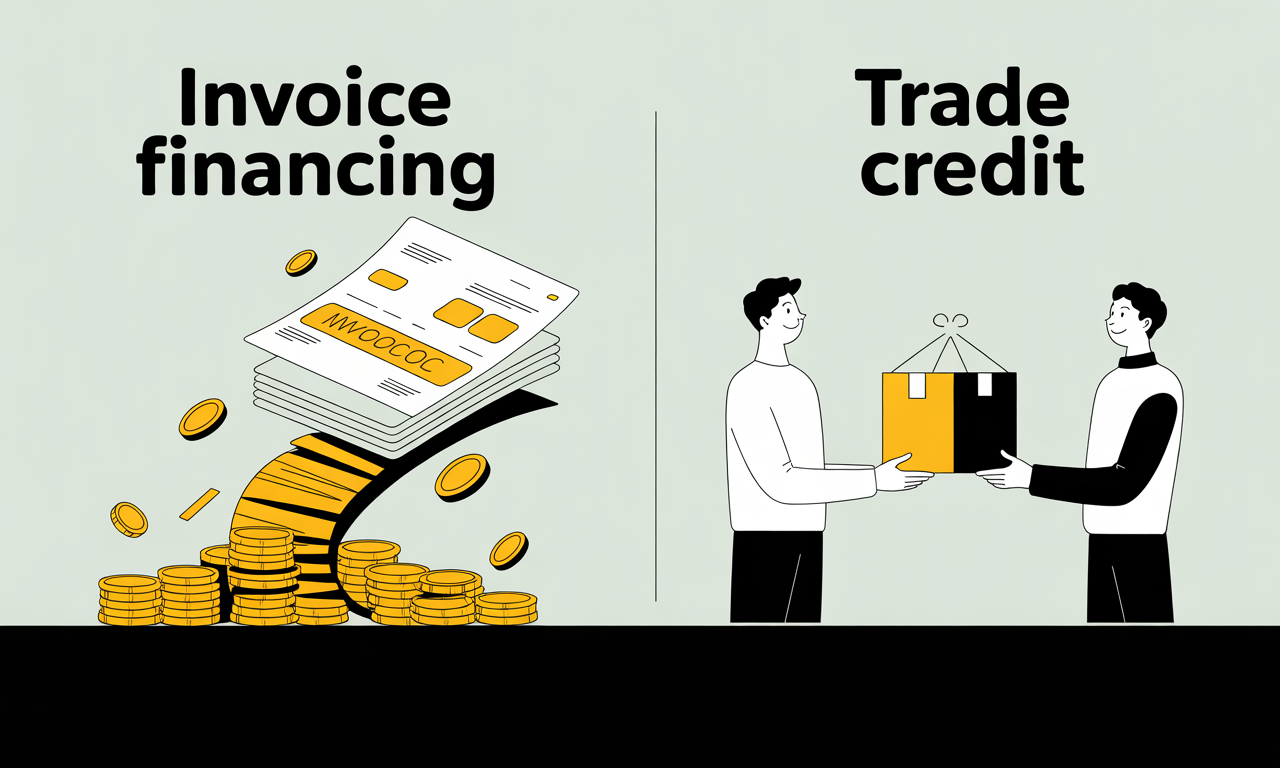
Brands Corner
Can't raise funds unless you're building the next unicorn - and other myths D2C founders have
Thu Mar 04 2021
4 min read
The Indian startup ecosystem - especially the D2C e-commerce sector - is scaling at an incredibly fast pace. Naturally, the investment landscape is maturing equally fast. However, there is a deep disconnect between the funders and brand founders looking to raise funds. In such a fast paced economy with founders of all backgrounds, we've seen an unmissable knowledge gap: founders are either not aware of their financing options, or they're terribly confused, or the worst of all: they're plagued with misinformation about the process of raising capital.
As investors, it is our undeniable prerogative [and it makes business sense] to address this knowledge gap. Here are some myths that we've noticed founders have about raising funds:
#1 VCs, Angels, and Banks are the only source of capital for startups
False! Revenue Based Finance is a new-age fundraising avenue especially built for startups. This model enables you to raise funds fast, and seamlessly, so you can scale your brand without going through rigorous due diligence processes.
#2 When you raise funds, you have to forego equity and ownership of your business
It depends on how you are raising funds. If you're looking for RBF capital for your growth needs [across product lines & inventory, advertising spends, or to enter into new markets], you don't need to forego equity to avail funds. Klub's entire business model is built so that founders can raise non-dilutive growth capital instead of diluting their precious equity. RBF enables you to raise funds against a share of your future revenues, without any loss of ownership or equity of your business. More and more D2C brands in India are availing RBF for their growth needs.
#3 Fundraising is a long & tedious process
The VC investment process takes a long time, since there are multiple rounds of assessment & discussions on the terms of the investment (e.g valuation, rights of the investors, etc.) followed by a long due diligence process. This is necessary since VC investments are long-term (at least 5-10 years on average) . But if you're looking for RBF growth capital, this is not true. Klub’s RBF investments are usually anywhere between Rs. 5 lakhs and Rs. 5 cr, and are deployed in a matter of days. The process is simple, fast, and seamless. All you need to do is submit your documents and give Klub access to your data, and you'll receive a term sheet within 48 hours! Sign it, and you're good to go - you'll have your funds within a span of 15 days of signing the term sheet!
#4 You can only raise RBF from Klub if you're profitable
This may be true for a bank loan where the assessment is balance sheet led, but false for Klub RBF as the assessment is cash flows led. If you're at a growth stage [generating consistent revenues, without necessarily being profitable], RBF is for you. RBF is capital for all types of businesses, and since the returns are a part of your revenues, having consistent [or growing] revenues is key!
#5 You can only raise funds if you're building the next unicorn
If you're raising VC capital , this is true, since VC as an asset class is reliant on outsized returns generated by a few companies in their portfolio . RBF doesn't care about your valuations - as long as you're generating revenues consistently. This is because investors' returns are directly proportional to your revenues. You could be running a high-growth toothpaste business or building an innovative line of fashion & lifestyle products: RBF will welcome you with open arms!
#6 "Look at what XYZ did. We must raise!"
Founders tend to give in to the FOMO of the fundraising world - it's hard not to. You see a competitor in the headlines, with big valuations and excellent investors, and you wonder how much your business would be worth if you decided to get on the fundraising bandwagon. If you are not operating in a winner-take-all market, then resist this temptation. There is nothing wrong with you if you're focused on profitable growth rather than growth at all costs. In fact, investors tend to respect this. And if you're looking for growth capital, there's always RBF!
#7 You can only explore one method of fund-raising at a time
False! RBF is complementary capital. This means that irrespective of whether you're exploring a VC/angel round or are looking for a bank loan, RBF can always be raised regardless.
Most entrepreneurs are pleasantly surprised when they find that RBF is truly the most entrepreneur & growth-friendly fundraising model. It's fast, it's seamless, and it catalyses growth. As investors, we realise that the fundraising space can seem daunting for a first-time founder. We're trying to change this.
So, the TL;DR version of this:
- There's a deep knowledge gap between investors and founders looking to raise funds.
- Founders should avoid taking fundraising decisions based on assumptions or misinformation: do your research, and speak to investors or seasoned entrepreneurs before you raise capital [especially if it's costing you equity].
- RBF is the most founder-friendly fundraising model. Klub's model was literally created to solve the problem of great businesses not being able to access capital, while investors missing out on high-growth businesses [and therefore higher than average returns].








